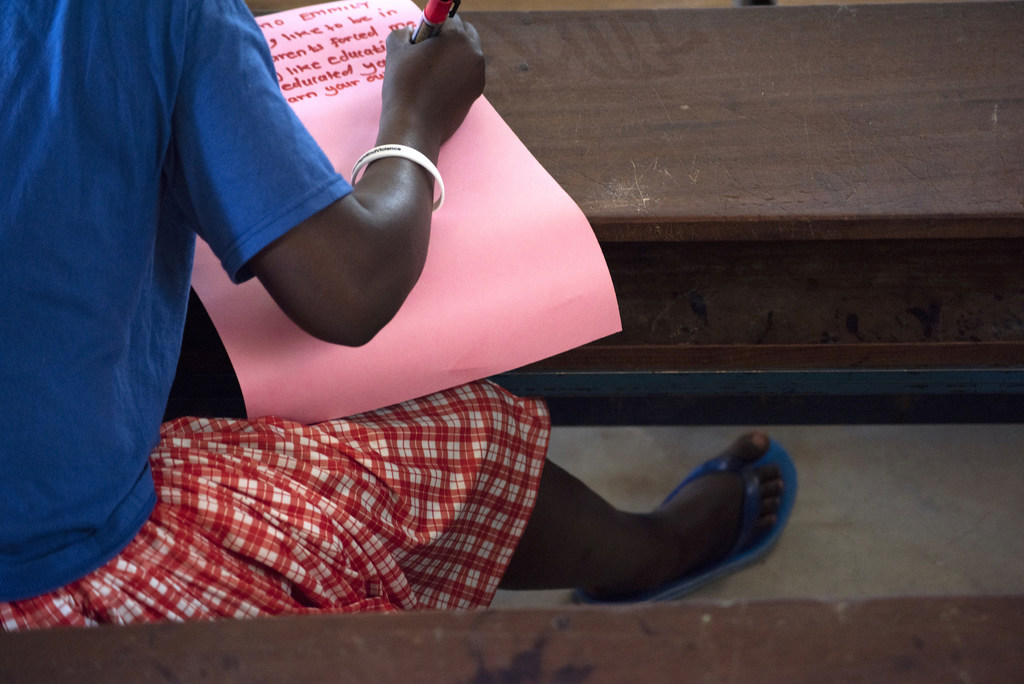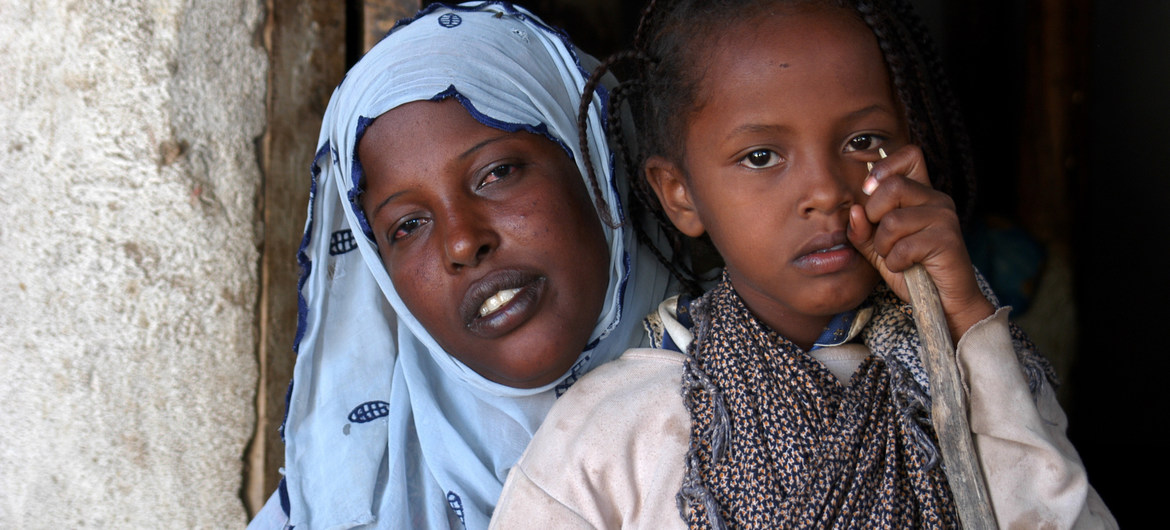Unity, funding and decisive action needed to end FGM and protect millions of girls, UN says
 The United Nations has called for collaboration at all levels, across all sectors and members of the society to protect millions of girls and women at risk of female genital mutilation every year.
The United Nations has called for collaboration at all levels, across all sectors and members of the society to protect millions of girls and women at risk of female genital mutilation every year.
The need is even more pressing amid concerns that 2 million additional cases of female genital mutilation (FGM) may occur over the next decade as the coronavirus pandemic shutters schools and disrupts programmes that help protect girls from the harmful practice.
In a message commemorating the International Day of Zero Tolerance for Female Genital Mutilation, Secretary-General António Guterres highlighted that by working together, “we can eliminate female genital mutilation by 2030.”
“As the United Nations embarks on a Decade of Action to deliver the Sustainable Development Goals, let’s make this the decade of zero female genital mutilation”, he said.
“Doing so will have a positive ripple effect on the health, education and economic advancement of girls and women”, Mr. Guterres added.
Gender equality, ending FGM ‘mutually reinforcing’
The heads of the UN Children’s Fund (UNICEF) and the UN Population Fund (UNFPA) also highlighted that eliminating FGM and achieving gender equality are interdependent, mutually reinforcing goals.
“Simply put, if gender equality were a reality, there would be no FGM. This is the world we envision”, UNICEF Executive Director Henrietta Fore and UNFPA Executive Director Natalia Kanem said in a joint statement.
They urged strong collaboration and unity, at all levels and across all sectors, as well as adequate funding and decisive action to protect girls and women at risk.
“We know what works. We tolerate no excuses. We have had enough of violence against women and girls. It is time to UNITE around proven strategies, FUND them adequately and ACT”, they stressed.

UNICEF/GetachewPictured in Ethiopia is 6-year-old girl who underwent FGM because her mother, believed she could not marry honourably without it, saying, “From our own experience we know that [cutting] causes problems. However it is the tradition.”
Abhorrent practice, with severe consequences
A harmful and abhorrent practice that amounts to a human rights violation, FGM – also called cutting – involves the partial or total removal of the external female genitalia for no medical reason. In cultures that condone FGM, it is usually performed by a traditional practitioner with crude instruments and without anesthetic.
It results in severe physical and mental health consequences for girls and women. Complications include severe pain, hemorrhaging, sepsis, urethra damage, painful sexual intercourse and other sexual dysfunction. Genital mutilation also has psychological repercussions, with many victims feeling anxious, depressed, incomplete and traumatized.



